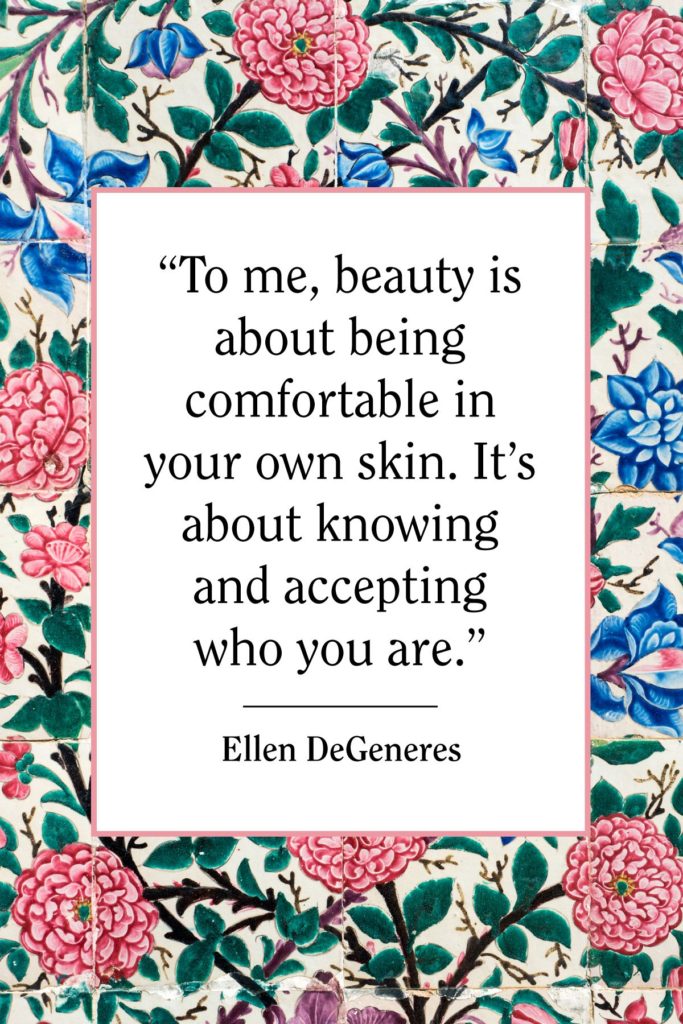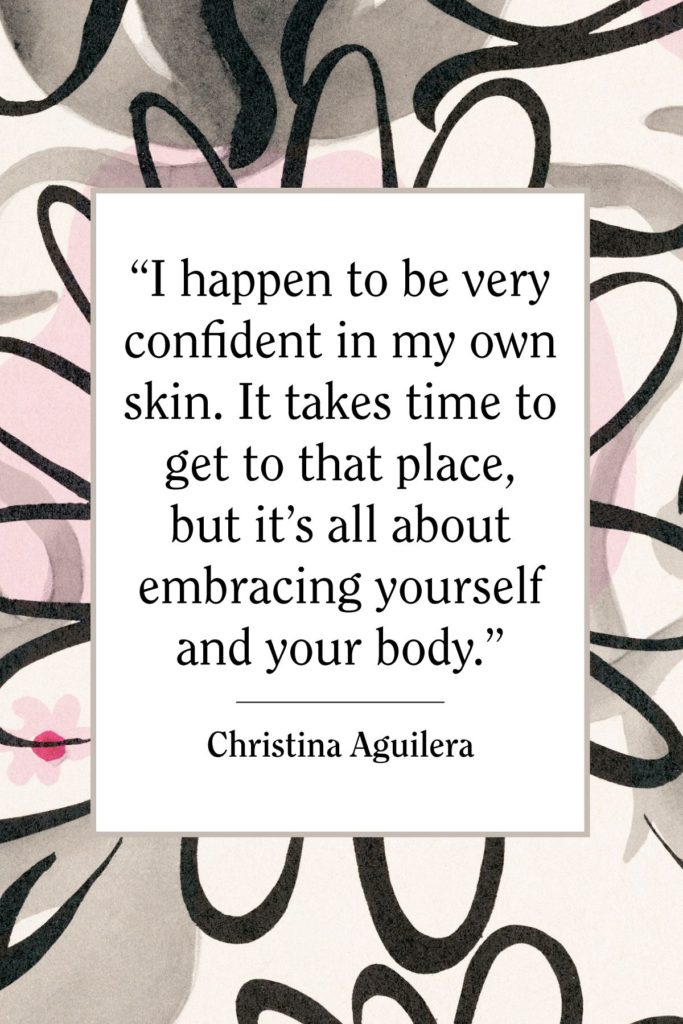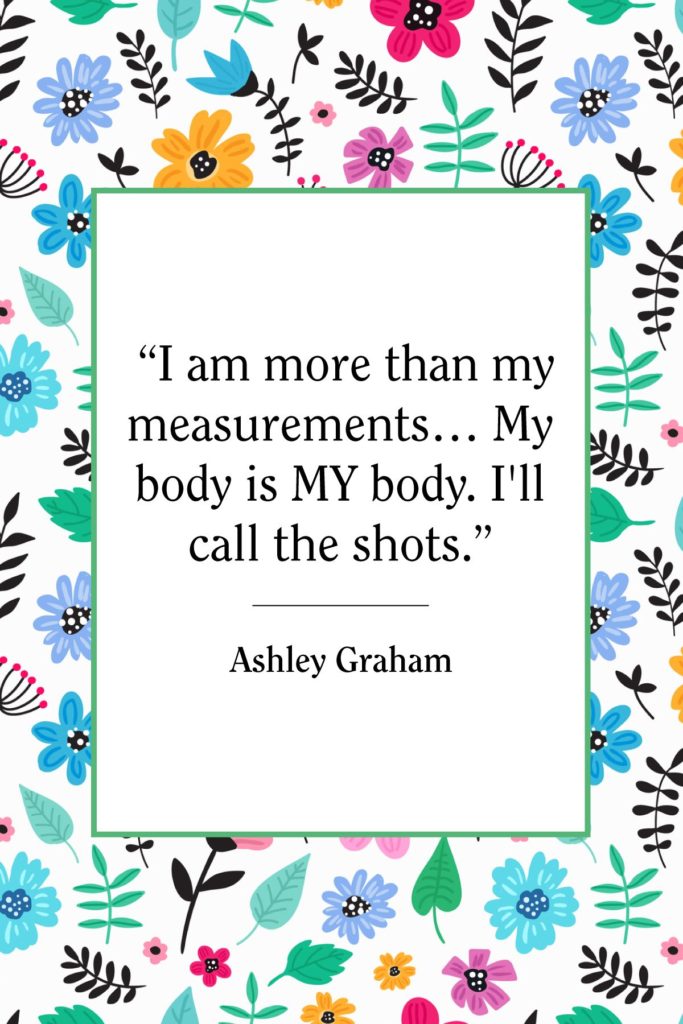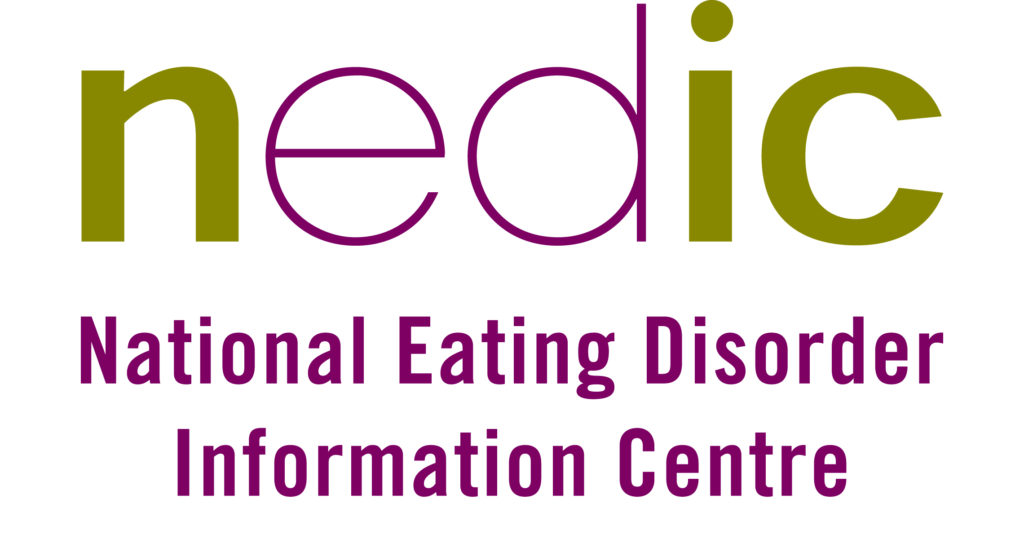On this page:
What is healthy body image and why is it important?
Body image is the way that your child views their own body, how they feel about their appearance and how they think others perceive their looks.
Having a positive body image can help them feel more confident and comfortable in their own skin.
Body positivity refers to the assertion that all people deserve to have a positive body image, regardless of how society and popular culture view ideal shape, size, and appearance.
Some of the goals of the body positivity movement include:
- challenging how society views the body
- promoting the acceptance of all bodies
- helping people build confidence and acceptance of their own bodies
- addressing unrealistic body standards
What affects body image?
Puberty – they will experience so many changes to their body during puberty and it will take time to adjust. Try to help them not focus on the changes or focus too much on the imperfections.
Society – often what we see in the media, in movies or magazines portray flawless bodies that are typically unrealistic. Remind them that these bodies are often digitally modified.
Peer Pressure and Bullying – they may feel pressured to look a certain way in order to fit in and may even be bullied about their appearance. Tell them there is never a certain way that you are supposed to look, every body is different.
Read more here from Kids Help Phone.



10 Steps to Positive Body Image.
Download this tip sheet for your child. It can help them think about new ways of looking more healthfully and
happily at themselves and their body.
Positive body image for men
While many associate the woes of body image with women, 28% to 30% of men experience negative body image.
Ways to Model Positive Body Image
- Set a positive example of a healthy and balanced relationship with food. Don’t talk about or behave as if you are constantly dieting. Encourage eating in response to body hunger.
- Avoid statements using the word “fat” and don’t criticize your own shape. (Eg. Don’t say, “I’m so fat—I’ve got to lose weight,” “Don’t eat that—it will make you fat.”)
- Help your child accept and enjoy their bodies, and encourage physical activity. Discourage the idea that a particular diet or body size will lead to happiness and fulfillment, and that weight and appearance are not the most critical aspects of their identity and self-worth. Build their self-esteem by showing them that you value and love them unconditionally.
- Encourage them to assert themselves, which will help them say no to pressures to conform. Teach them that other people’s worth isn’t based on how they look either.
- Encourage critical thinking, provide them with the tools and the language to be able to notice and challenge messages in the media.
- Encourage your child to talk openly and honestly and really listen to them. Remind them that you’re here for them if they need to talk.
- Be aware of some of the warning signs of eating disorders.
Eating Disorders: What are they?
Within the Canadian health system feeding and eating disorders are diagnosed by medical professionals. This is not medical advice, please consult your doctor if your teen experiences any of these behaviours or tendencies.
Anorexia Nervosa – a serious mental illness characterized by behaviours that interfere with maintaining adequate weight.
Binge Eating Disorder – a mental illness that can seriously affect psychological and physical health, Characterized bu recurrent episodes of eating large quantities of food then experiencing shame, distress or guilt afterwards.
Bulimia Nervosa – a serious mental illness characterized by periods of food restriction followed by binge eating, with recurrent compensating behaviours to ‘purge’ the body of the food.
Other Specified Feeding or Eating Disorders – atypical presentations of the eating disorders listed above.
Avoidant and Restrictive Food Intake Disorder (ARFID) – limiting the amount and/or types of food consumed, but unlike anorexia, (ARFID) does not involve any distress about body shape or size, or fears of fatness.
Other Eating Disorders – including pica, rumination disorder and other unspecified feeding or eating disorders.
How to talk to your teen about eating disorders.
As a parent, you want nothing more than happiness and health for your teen. That’s why it’s so terrifying when you notice your daughter skipping breakfast or your son retreating to the bathroom immediately after dinner.
Over one-half of teenage girls and nearly one-third of teenage boys practice unhealthy weight control behaviours. Learn more.
Being supportive
- It’s never just about the food.
- “I am here for you. How can I best support you?”
- “There is nothing to be ashamed of. Your struggles are valid.”
- “You are enough. You are strong. You are worthy.”
- “Recovery is possible.”
- Connect them with their doctor
- Help them through the recovery process. Learn more about recovery.
You are not fat. You may have fat, the same way you have muscle. However, you would never say you are muscle, would you?
Helpful links
- Dear Melody: How Can I Talk to My Child About Their Eating Disorder?
- Why is it so hard to talk about body image with parents?
- 15 Things Every Caregiver Should Know About Navigating Eating Disorders
- Dieting: Information for parents, teachers and coaches
Resources

Body Brave is located in Hamilton, ON. We help people recover from eating disorders. Through treatment, training and education, we are working to end the suffering they cause. We are a small charitable organization making big changes thanks to our passionate community of volunteers, students, healthcare providers, people with lived experience, parents and donors.

National Eating Disorder Information Centre provides information, resources, referrals and support to Canadians affected by eating disorders.
- Toll free number: 1-866-633-4220
- Toronto number: 416-340-4156

Danielle’s Place provides targeted prevention and early intervention programs and services for children and youth 17 and under who are at risk of or are expressing concerns around low self-esteem, body image or who have a pre-occupation with food and weight.
- Toll free number: 1-866-277-9959
- Phone number: 905-333-5548

Sheena’s Place located in downtown Toronto offers hope and support to anyone 17+ affected by an eating disorder, as well as their families and friends, by providing a wide range of professionally facilitated support groups and services, completely free of charge.

